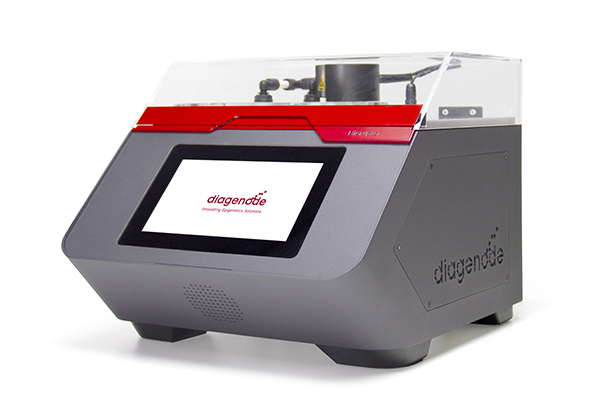Alloway, Hayley et al.
The chromatin immunoprecipitation followed by sequencing (ChIP‐seq) assay is an instrumental and accurate method for understanding chromatin dynamics in eukaryotic cells. It provides critical insights into the regulation of gene expression and enables identification of regulatory elements, patterns of histone modifications, and chromatin states in health and disease conditions. Although cell cultures are great models to study molecular mechanisms associated with pathologies, studying tissues provides a physiologically native environment that reflects the cellular heterogeneity and spatial organization that are missing in an in vitro model. Several ChIP‐seq protocols have been published; however, performing ChIP‐seq in tissues remains a challenge in many settings due to the heterogeneity of tissues, complexity of cell matrices, low input material and intricacy of chromatin fragmentation and handling. Here, we present an optimized ChIP‐seq protocol for solid tissues, with a focus on colorectal cancer. In this article, we incorporate simplified and efficient procedures for tissue preparation, chromatin extraction, immunoprecipitation, and library construction. The refined protocols overcome common limitations related to tissue processing and allows for highly reproducible, sensitive, and scalable analysis of disease‐relevant chromatin states in vivo.

